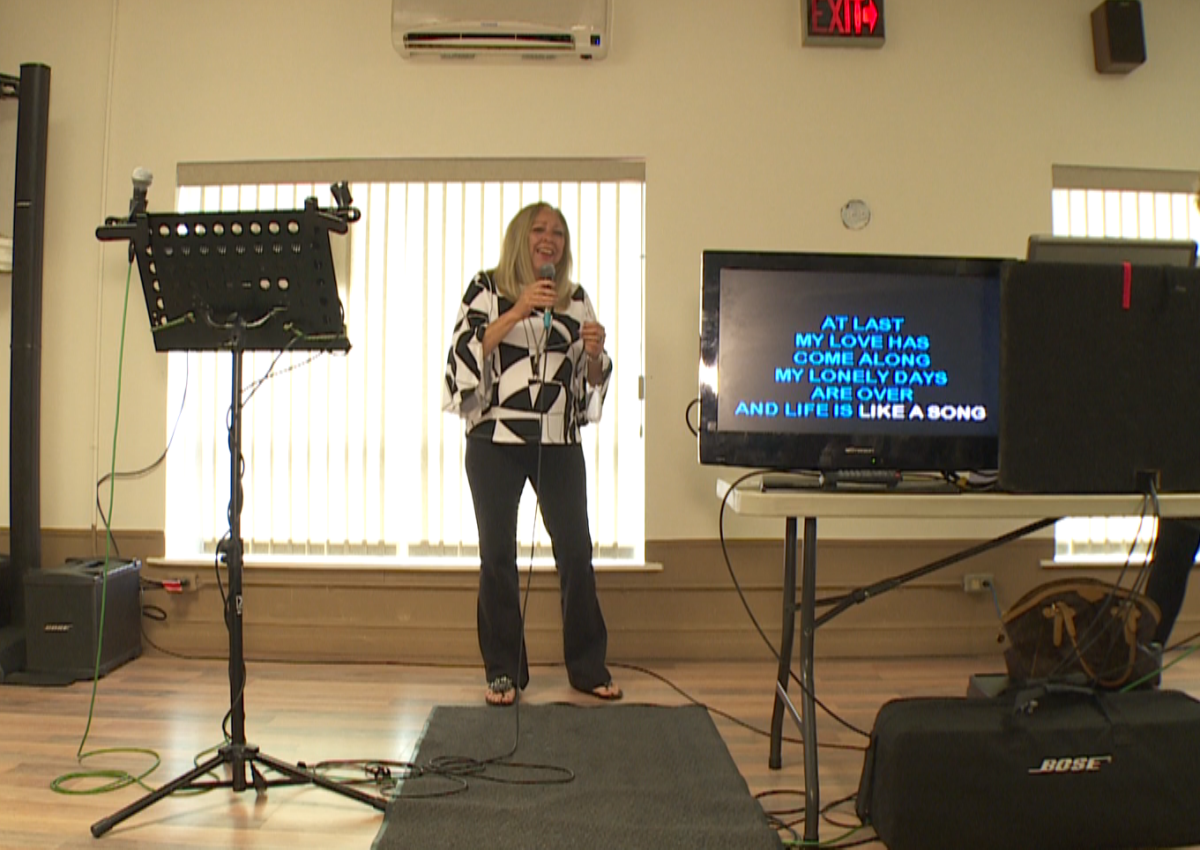A brain hemorrhage left Annette George in a coma for four days in 2013, but she could hear every word the doctors said.

“They didn’t think I was going to make it because they couldn’t stop the bleeding,” said George. “They said I wouldn’t walk again and I wouldn’t talk again, and… I did all of those things.”
When she came to, she says she was given one word of advice before leaving the hospital: remember.
With this, the Ajax, Ont., resident decided to turn to music. She had been singing since her childhood, so she started trying to remember the lyrics to some of her favourite songs, including Hallelujah by Leonard Cohen.
She would sing the words and write them down. “You’re forced to have to remember,” said the 62-year-old. “You have to remember the words in a song. You have to remember the timing and the breaks.”
Five years after her coma, she sings at karaoke events every week and is on the road to recovery. “Music’s what saved my life.”
- 3 in 10 Albertans would vote for independence — but only half committed to separating: poll
- Much of Canada faces extreme cold, heavy snow in latest winter blast
- China’s envoy says Beijing, Ottawa ‘eye to eye’ on supporting Greenland
- Pimicikamak Cree Nation to evacuate 79 more homes after military assessment
Dr. Patrice Lindsay from the Heart and Stroke Foundation says music — from singing to dancing — has helped many people recover from brain hemorrhages.

Get weekly health news
“Having to learn the songs again and learn the words and process them really helps to build new pathways in your brain,” she said, “and helps to reconnect some of those connections that were broken. Music also has the advantage of being soothing and bring therapeutic… from a mental-health perspective.”
She now also sings for seniors in nursing homes to spread her love for music, she says. “It’s nice to see them wake up and smile and tap their toes and feel life again,” said George. “I thought, ‘You know what? It’s helping me and it’s helping other people too.'”








Comments